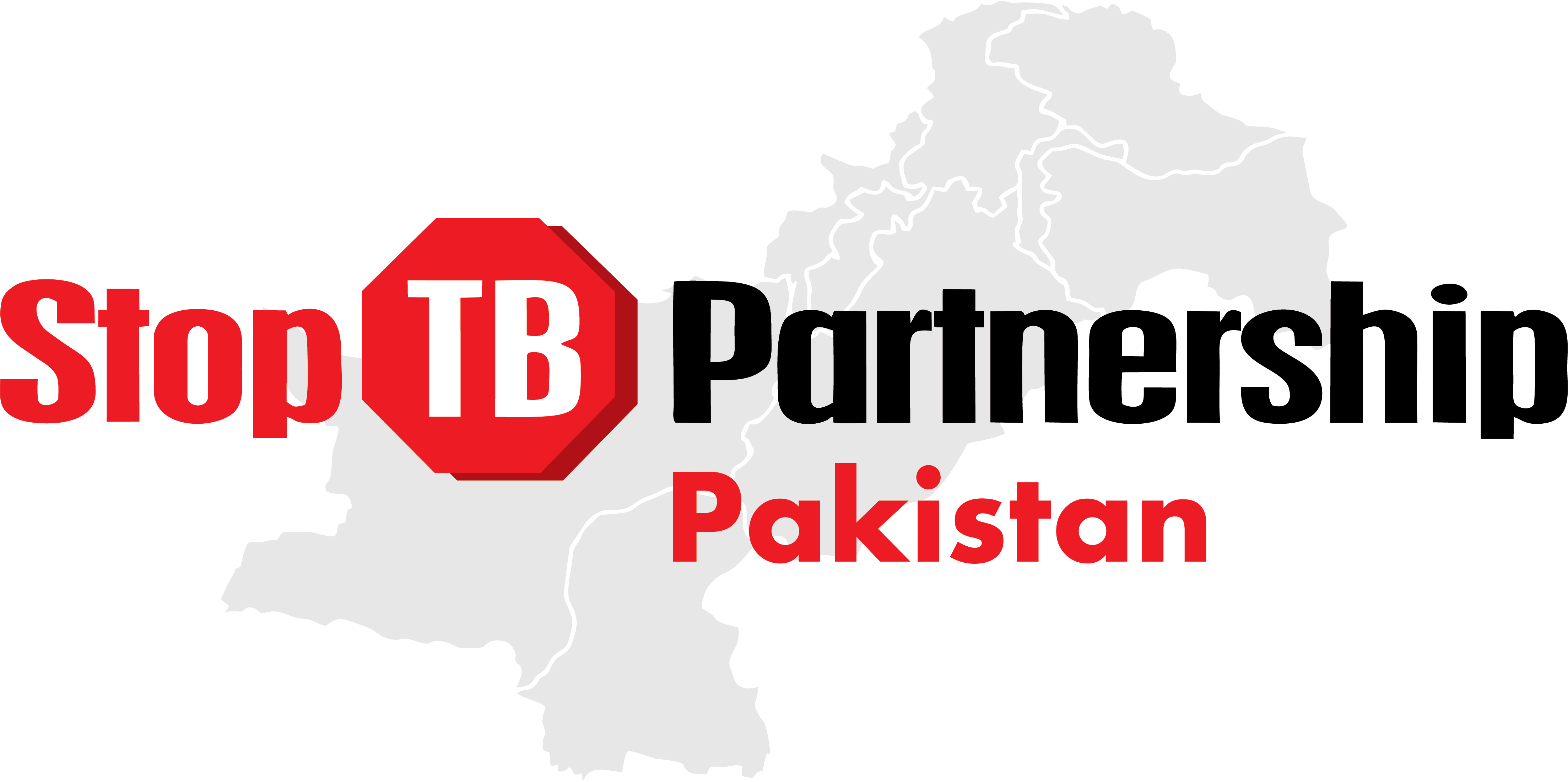Tuberculosis, despite being a preventable and curable disease, persists as the most common cause of death in the world. Claiming the lives of nearly 2 million people annually, Pakistan is estimated to have 600,000 new TB cases and 44,000 deaths every year. It is ranked fifth amongst TB high-burden countries worldwide, accounting for over 60 percent of the burden of the WHO’s Eastern Mediterranean Region. Evidence suggests that TB is considered to be deeply rooted in poverty and socioeconomic factors. Legal, structural, and social barriers also impede accessing quality TB prevention, diagnosis, treatment, care, and support. These social determinants affect the lives of TB-affected people and their ability to realize their right to healthcare. Pakistan is also estimated to have the fourth highest prevalence of multidrug-resistant TB (MDR-TB) globally. Key reasons for the emergence of drug-resistant forms of TB include delays in diagnosis, unsupervised, inappropriate and inadequate drug regimens, poor follow-up, and lack of a social support program for high-risk populations.
Our Targets
Reducing 50% prevalence of TB in general population by 2025
Treating 7,960 MDRTB cases per year by 2026, with the treatment success rate of over 80%
Expansion of private general practitioners from five to 20 percent.
Scale-up of GeneXpert machines at the sub-district level
A well-coordinated multi-sectoral approach with increased membership by 2025
Our Objectives
Intensifying
efforts to attain the National TB control targets and ensuring that every TB patient in Pakistan has access to effective diagnosis, notification, treatment, follow-up and socio-economic support, where necessary
Complementing
national efforts for expanding TB Control coverage, especially among the unreachable and marginalized population segments, while empowering the people with TB without discrimination of any sort
Expanding
our network to include new key partners, particularly those most at risk of contracting TB and ultimately all of civil society, not just those directly affected presently
Fostering
a dialogue among the most peripheral communities on creating mass awareness about the disease
Mobilizing
more financial and human resources, to facilitate our push towards the global TB targets for 2030, aiming at reducing TB prevalence and mortality in the country and alleviating the inequitable social and economic toll due to the disease in Pakistan
Contributing
to national health system strengthening based on the primary health care approach and methodology to combat all infectious diseases including TB
Enabling
all people with TB and/or those at risk of the disease to be educated and empowered to stop its transmission and ultimately eliminating it from the country
Innovating
Innovating and implementing new preventive, diagnostic and therapeutic tools and strategies to End TB
Promoting
Promoting operational research to identify the most appropriate strategies for ending TB in our country context

